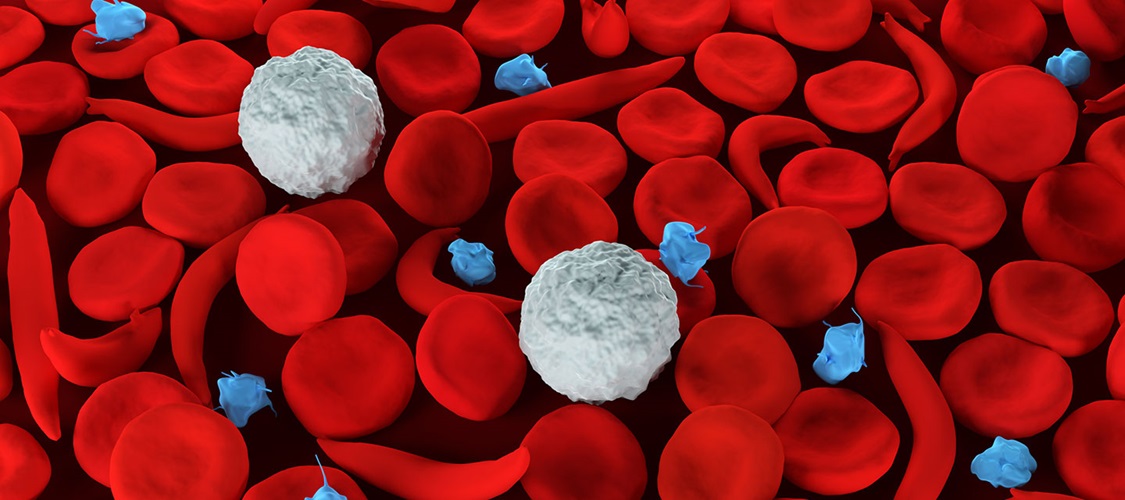Sickle cell disease is a genetic disorder that affects the production of hemoglobin, a protein in red blood cells that carries oxygen to the body's tissues. It causes red blood cells to be sickle-shaped, rigid, and prone to clotting, leading to various complications.

Combating Sickle Cell Disease
"Leave No One Behind!."


Head Office: Plot 1628,Block 215,
Kulambiro-Najjera Rd,Kyadondo-Mengo,Kampala Uganda
Regional Office: 2nd Floor Yodev Plaza Behind Lira Hotel
Email: info@capsci-uganda.org
Web: www.capsci-uganda.org
Tel: 07757625526773
Background of the Catherine Phil Sickle Cell Support Initiative
Catherine Phil Sickle Cell Support Initiative stands as a distinguished organization committed to celebrating the enduring legacy of two extraordinary souls: Catherine, a fervent champion for underprivileged children, and Phil, a young boy whose life was deeply impacted by Sickle Cell Disease. This initiative aspires to elevate awareness of sickle cell disease in Uganda, while perpetuating the philanthropic endeavors initiated by Catherine.
Catherine’s Legacy
Ms. Catherine Aol epitomized the essence of motherhood and community spirit, channeling her exceptional tailoring talents to elevate those in her vicinity. Her unwavering commitment to aiding underprivileged children was manifest in a multitude of initiatives she passionately pursued. With a firm belief in the transformative power of education and skill acquisition, she dedicated herself to imparting tailoring skills to children who otherwise would have been deprived of such invaluable opportunities. This noble endeavor equipped them with vital competencies, paving the way for enhanced employment prospects and a richer quality of life in Lira Town. Catherine’s devotion transcended the simple act of teaching; she cultivated an atmosphere of hope and resilience among the young souls she mentored. Her endeavors were marked by profound compassion and an unshakeable faith in the inherent potential of every child, solidifying her status as a cherished figure within her community.
Phil’s Story
Phil Odongo was diagnosed with sickle cell disease in his early years, enduring a myriad of health challenges throughout his brief life. Yet, in the face of adversity, he remained a devoted son to Harriet and Paul Odongo, embodying a spirited essence brimming with dreams and ambitions. Phil possessed a profound passion for Christian music, relished watching films, and was a fervent football enthusiast. His aspiration to become a telecom engineer reflected not only his personal ambitions but also his desire to make a meaningful contribution to society. Tragically, Phil's life was cut short at the tender age of 10 following a bone marrow transplant. His courageous journey through illness illuminated the struggles faced by countless children afflicted with sickle cell disease—a condition that impacts millions around the globe. Phil’s narrative stands as a poignant reminder of the challenges posed by this disease and serves as an inspiration for others to engage in advocacy efforts aimed at its eradication.
Our Cardinals
Catherine Phil Sickle Cell Support Initiative is founded on the principles of compassion, education, and advocacy. The initiative aims to carry forward Catherine’s philanthropic work while sharing Phil’s story to raise awareness about sickle cell disease in Uganda. By highlighting personal stories like Phil’s, the initiative seeks to humanize the challenges associated with this condition and inspire action within communities.
- 1. Raising Awareness - Educating communities about sickle cell disease.
- 2. Supporting Affected Families - Providing resources and support.
- 3. Advocacy - Lobbying for better healthcare policies.
- 4. Empowerment Through Education - Offering educational programs.
- 5. Screening - Conducting free sickle cell screening.
- 6. Fundraising and Partnerships - Organizing annual events.
Through these efforts, the initiative hopes not only to honor Catherine’s memory but also to ensure that Phil’s legacy lives on by fostering understanding and support for those impacted by sickle cell disease.
Governance
Catherine Phil Sickle Cell Support Initiative is governed by professionals...
Board Members
| S/N | Names | Qualification | Designation |
|---|---|---|---|
| 01 | Dr. Ario Alex | Public Health Specialist -MOH | Board Chair |
| 02 | Dr. Diana Rutebarika | Pediatrician -JCRC | Vice Chair |
| 03 | Dr. Deogracious Munube | Consultant Hematologist -Mulago | Technical Advisor |
| 04 | Mrs. Harriet N Odongo | Sociologist | Member |
| 05 | Mr. Okodi Justine | Accountant | Board Treasure |
| 06 | Ms. Namutebi Ruth | Governance Specialist | Member |
| 07 | Dr.Odur Andrew | Consultant Gyneagologist | Technical Advisor |
| 08 | Mr.Odur Daniel Roy | Public Health Specialist | Secretary |
Management Team
| S/N | Name | Qualification | Designation |
|---|---|---|---|
| 01 | Mr.Odur Daniel Roy | Public health Specialist | Executive Director |
| 02 | Ms. Kukunda Blessings | Social Worker | Deputy ED |
| 03 | Mr. Akar Allan Solomon | Accountant | Finanace & Admin Officer |
| 04 | Dr. Okaka Daniel | Medical Officer | Outreach Officer |
| 05 | Mr. Ococ Innocent | Laboratory Assistant | Laboratory Assistant |
| 06 | Mr. Okello Robert Hosea | Coummunity Psychologist | Community Engagement Officer |
| 07 | Ms. Achola Mercy | Counsellor | Counsellor |
| 08 | Mr. Obluk David | Laboratory Technologist | Quality Assurance Officer |

Catherine Phil Sickle Cell Support Initiative





